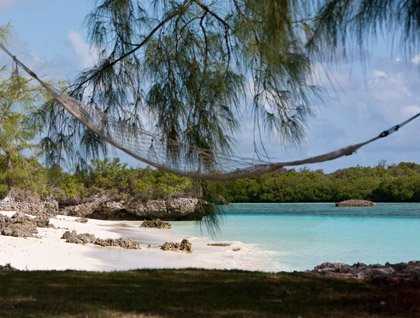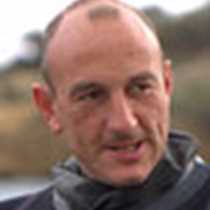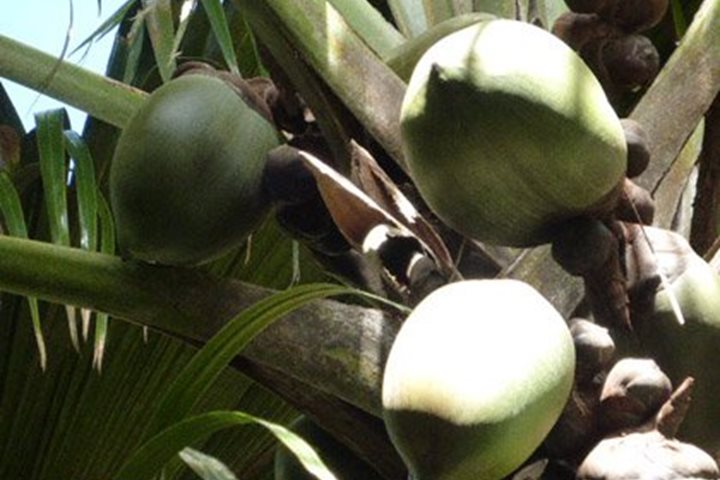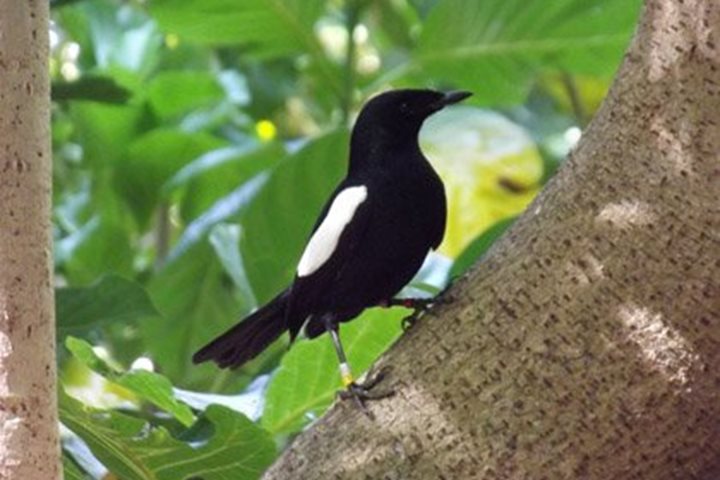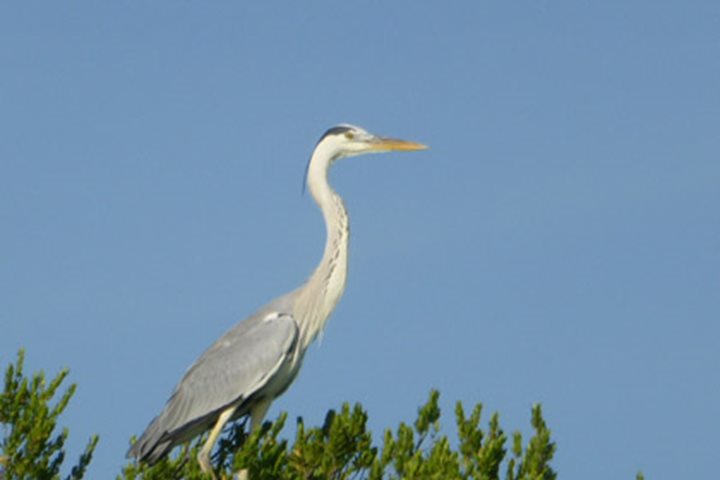Days at sea almost always begin a little later than adventure days for most people, to catch up on sleep and make up for the excitement of the previous days.
During the day, however, our intellects are always challenged and fed with interesting presentations and talks, and we are fortunate on this voyage to have the company of Sir James R. Mancham, the founding president of the Seychelles.
He regaled us this morning with an abbreviated history of the Seychelles, and as he was the driving actor in the events that lead to the creation of the Republic, we gained a very special insight in the life of the times, and the changes, both global and local, and how destiny of a people is enmeshed in the life of a person.
Of particular interest to us was the history of Aldabra, and how, together with Eric Lindblad, Sir James Mancham and others lobbied to prevent the Aldabra atoll from becoming a military base.
The direct consequence of their success was that we can now do research on a site where there has never been permanent human activity to disrupt the natural course of life.
The other consequence, sadly, is that the Chagos Archipelago, only a few hundred miles away from here, just south of the equator, was chosen by the US Army to become the biggest supply base in the southern hemisphere, sealing the fate of the thousands of inhabitants that were forcibly relocated to the already crowded Mauritius and Rodrigues Islands by the English administration.
“While the tortoises and flightless rail birds of Aldabra won, the people of the Chagos Archipelago nearby lost,” said Sir Mancham.
He reminded us that no strategically located island, however small and remote, is ever safe from larger forces at play, be they military of commercial. The Seychelles have been one of the actors in the fight against Somali pirates, together with India who now is lobbying very hard to develop commercial resorts of the pristine islands of the Aldabra group.
Bob Krist, legendary National Geographic photographer, started the afternoon presentations by sharing his knowledge of photography and great information about light, composition and the evocation of the feel of the moment in a place.
Later that afternoon, Mike Greenlander gave us a great presentation about corals, their role and place in the ecological system and the characteristics of healthy coral.
Shortly after Mike G.’s lecture, a pod of sperm whales kept us entertained, with Mike himself riding in a Zodiac with Alyssa, our divemaster, and Tom Ritchie driving the boat to try and get a snorkeling session close to the whales.
The afternoon ended with a very entertaining talk by Adam Cropp, one of our naturalists, on the extraordinary sex lives and gender-bender behaviours of fish and other underwater creatures.

